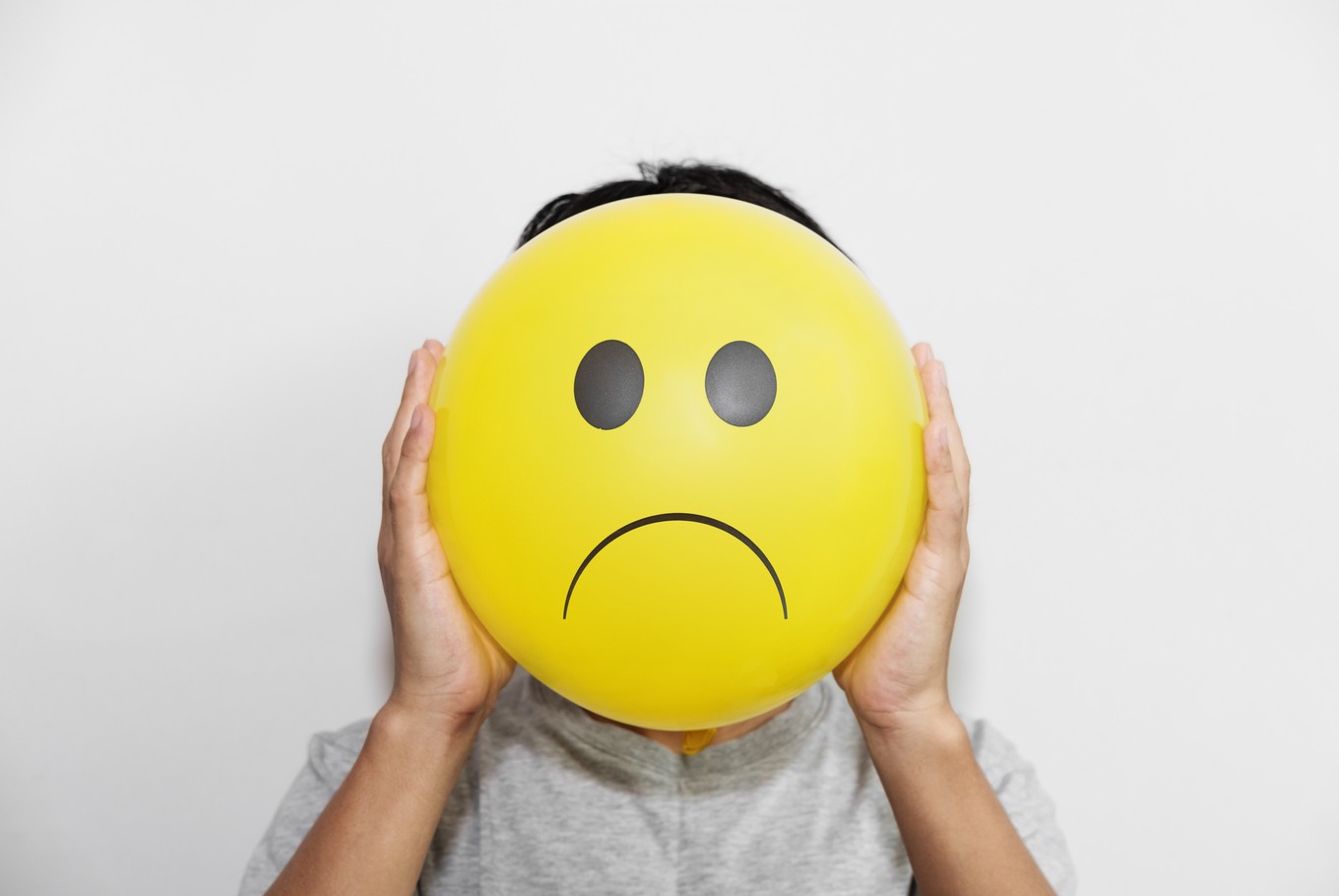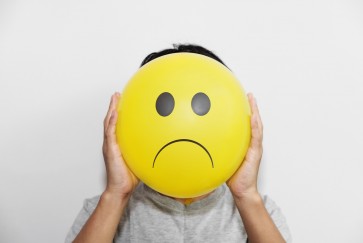Popular Reads
Top Results
Can't find what you're looking for?
View all search resultsPopular Reads
Top Results
Can't find what you're looking for?
View all search resultsMen get depressed, too, let's talk about it
Studies have consistently found that depression is almost twice as prevalent in women as in men; yet, men are up to four times more likely to commit suicide.
Change text size
Gift Premium Articles
to Anyone
D
epression is more than just “sadness” or a “low mood.” Depression distorts one’s view of the world, making it seem bleaker than it actually is. It engenders feelings of worthlessness, helplessness and hopelessness. It prevents people from doing their best at work, school or home.
For some, depression leads to self-harm and, ultimately, suicide. On a more global scale, depression is a major disability and one of the leading causes of death worldwide.
While some conditions, such as poverty and severe illness, do increase the risk of depression, it can happen to anyone from all walks of life. However, different people experience depression differently, and this difference can determine their outcome.
Studies have consistently found that depression is almost twice as prevalent in women as in men; yet, men are up to four times more likely to commit suicide. This observation has led to a growing interest in how men experience depression differently than women, and how the experience of depression is partly shaped by the dominant traditional norms of masculinity.
Across cultures, men are traditionally expected to be competitive and successful, to show toughness and dominance, to be self-reliant and to restrict their emotional expression; failure or refusal to conform results in stigma. While there is nothing inherently wrong with being a traditional man, rigid adherence to those norms is a risk factor for poor mental health.
Men who strongly adhere to masculine norms face barriers in seeking and accessing psychiatric help. Depression is often perceived as a personal weakness and the opposite of how men are supposed to be. Expressing emotions, including sadness in depression, is generally frowned upon, so depressed men tend to keep to themselves and withdraw from social life to keep other men from seeing signs of their depression.
Deprived of emotional expression, traditionally masculine men exhibit a typical manifestation of depression: being more focused on physical complaints and impaired performance. People around them may feel that these men are more irritable, aggressive or withdrawn than usual. Depressed men are also more likely to turn to the harmful use of alcohol and other psychoactive substances.


















